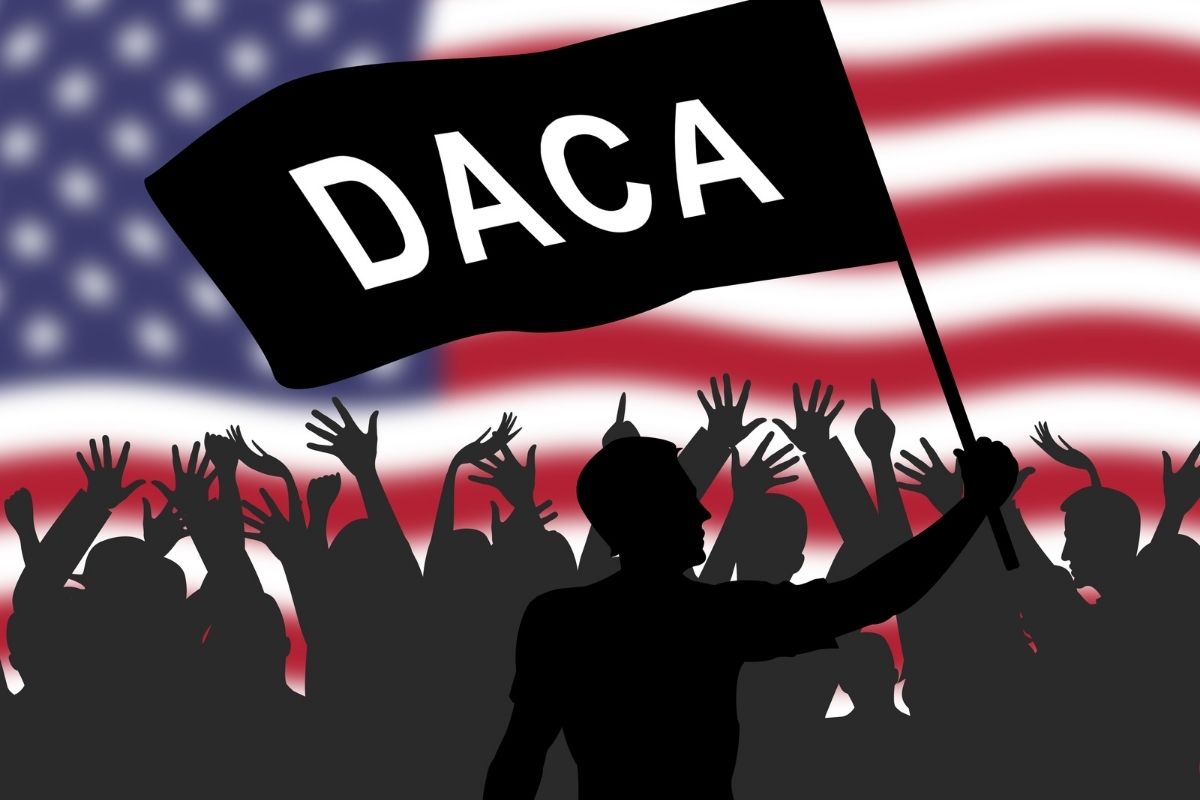What is DACA?
DACA stands for the Deferred Action for Childhood Arrivals. It was a directive announced by the Department of Homeland Security in June of 2012 that granted youths with an undocumented immigrant status temporary permission to stay in the US. It is sometimes also referred to as Deferred Action. DACA is not to be confused with the DREAM Act as it does not provide assurance of a path to citizenship. In June 2017, the Department of Homeland Security retracted proposals to expand the DACA directive and the administration at the time sought to phase out DACA altogether.

What’s Happening with DACA Now?
Since an order on 7 December 2020, by a US district court in the Eastern District of New York, US Citizenship and Immigration Services have begun accepting DACA applications, renewal requests, and applications for advance parole once again. It’s expected that under the new administration, the DACA directive will be put back in place for the long-term.
The current administration has pledged to implement reforms to the immigration system that will likely make access to living and working in the US easier for undocumented immigrants of all ages.
Who Is Eligible for DACA?
To be eligible for DACA, you must meet the following criteria:
- Were under 31 years old on June 15, 2012
- Were under 16 years old when arriving in the US
- Have continued to reside in the US from June 15, 2007, until now
- Entered the US without being inspected or your lawful visa status lapsed before June 15, 2012
- Were present in the US on June 15, 2012, and when making the request for consideration of deferred action with USCIS
- Are in school, have graduated high school, have obtained a GED, or have been honorably discharged from the Coast Guard or armed forces
- Have never been convicted of a felony, a significant misdemeanor, or four or more misdemeanors of any type
- Are not considered to pose a national security threat or threat to public safety.
If you fit these categories, you will be able to apply for Deferred Action that allows you to remain in the US to live and work as an undocumented immigrant.
How Do You Apply?
The process for applying for DACA approval is, unfortunately, a long and arduous one. You will need to fill out several forms, including the Form I-821D, Form I-765, the Form I-765WS worksheet, Application for Employment Authorization, as well as applicable fees. If you already have DACA approval that is due to expire, you will need to get your application in 120-150 days before your current or initial DACA approval expires.

The process can be a long, confusing, and difficult one—especially if you make a mistake while filling out the forms or don\’t get your application in on time. For this reason, it\’s highly advisable that you hire the services of a qualified immigration lawyer to help with your application and any subsequent actions that might need to be taken.
With the help of an immigration lawyer, you will be working with someone who knows the law inside out, giving you the best chance of securing DACA approval.
Here at Voloshen Law Firm, our team is extremely experienced when it comes to working with DACA applications. Give us a call: (215) 437-7854 or leave us a message through our contact section on our website to find out how we can help you achieve DACA approval to ensure you can remain living and working in the US.
